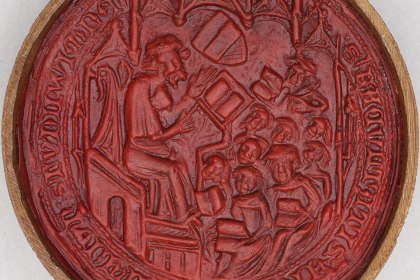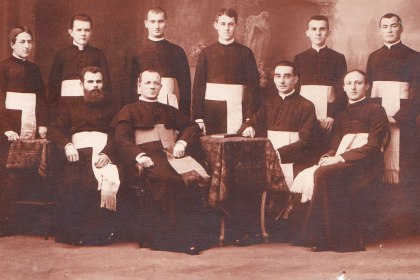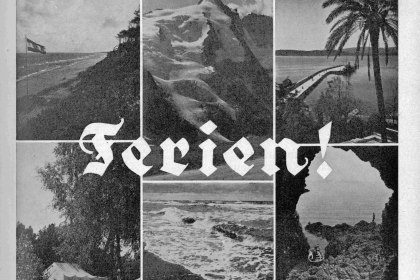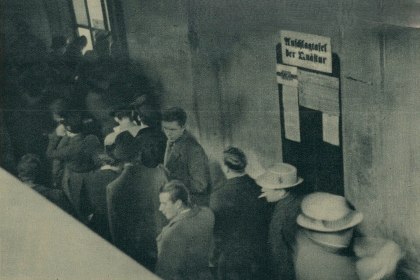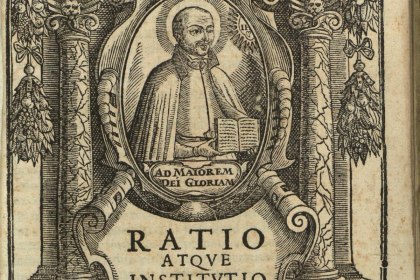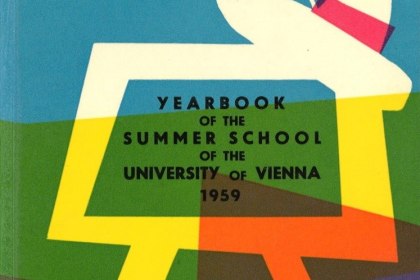Science and study
Science and study have always been the university’s key responsibilities. However, how this was interpreted was always subject to changing conditions. Apart from working and teaching methods this also concerns the topics and questions of university teaching and research. In the course of the differentiation of the various disciplines a wide variety of new subjects and areas of study developed – particularly at the Faculty of Philosophy. Even after achieving freedom of teaching and study in the aftermath of the 1848 revolution, institutions outside of the university remained influencing factors. These institutions included the church and the state, but also phenomena in society as a whole, such as the computerization of (scientific) life in the 20th and 21st century. Much like the right to teach at the University of Vienna, access to studies and study conditions must also be viewed in the context of changing historical settings.
-
Die Artes liberales
1365–18. Jhdt. -
Die theresianisch-josephinischen Reformen 1749–1790
1749–1790 -
Kirchlich normiert – gesellschaftlich gefordert
1848–1989 -
Ausdifferenzierung des wissenschaftlichen Fächerkanons im 20. Jahrhundert
1900–2000 -
Innovation durch Grundlagenforschung
19. Jhdt.–21. Jhdt. -
Die Universität macht Ferien
1385–21. Jhdt. -
Immatrikulation – Inskription – Zulassung durch die Jahrhunderte
1365–21. Jhdt.
-
„Ratio Studiorum“
1599–1773 -
Die Sommerhochschule der Universität Wien
1949–1969


